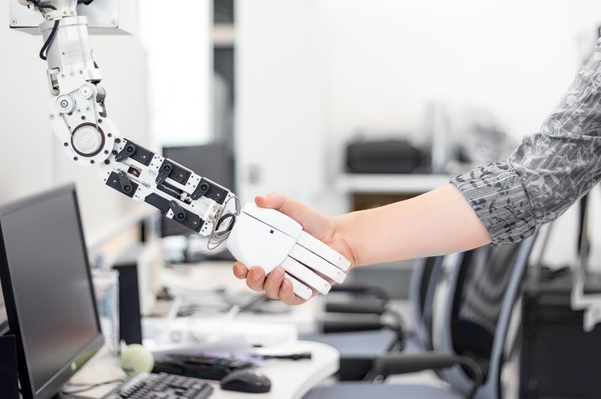This is a hearing app that can screen people in rural areas
Hearing loss is a major contributor to the global burden of disease, affecting over 360 million people.
But the greatest burden of hearing loss is in developing world regions such as sub-Saharan Africa, South-east Asia, and the Asia Pacific – home to more than 80% of people with hearing loss.
In these regions hearing loss is significantly more common due to the increased prevalence of environmental risks like poverty, infectious diseases and poorer health care. Hearing care – including health care professionals as well as equipment – is also either absent or in short supply. In sub-Saharan Africa, for example, there is about one hearing health care worker for half a million people. In addition, traditional audiological equipment is expensive.
The tragedy is that hearing loss can be prevented and reduced if it’s detected early. This means that hearing services care needs to be provided at primary health care clinics.
We set out to find cheap and effective ways to screen people for hearing loss in settings where professionals or audiological equipment weren’t available. Our solution is a smartphone based app that can be used in clinics. The app provides a clinically valid test which is calibrated to international safety standards. And it provides an accurate test at a fraction of the cost of traditional equipment.
This is the first app of its kind in the world – and it’s an ideal tool for developing countries with equipment challenges. While we still advocate for hearing screenings to take place at clinic level, our app shows that effective hearing screening can be done via a smartphone based app.
The gold standard
The World Health Organisation has recommended that primary health care workers get basic training in hearing care services. This includes ear mopping/wicking, syringing ear wax, and prescribing treatment for common middle ear problems.
Because audiometers aren’t available at primary health care clinics the WHO has, in the past, also recommended a low technology approach such as performing a voice test to screen hearing. This is a simple test where a person identifies an examiners voice at different intensities. But the voice test can yield unreliable results – and is not longer recommended for screening programmes.
Rather the gold standard is still pure-tone audiometry screening. This test determines responses across a range of low to high pitched sounds. A pure-tone hearing screening test must be administered by a qualified hearing health care professional with low ambient noise levels during the test.
Performing audiometry screenings in primary health care clinics is a challenge because it’s difficult to secure controlled test environments. This means that results aren’t always accurate.
In South Africa, for example, there are no widespread screening programmes in place. Audiology services are available in urban centres but aren’t accessible in most clinics.
A smartphone hearing test
Our study evaluated a smartphone-based hearing screening at two primary health care clinics. The criteria we were most interested in were: test accuracy and time efficiency of the test procedure.
We screened people between the ages of three and 97. The screening took less than one minute for adults and slightly more than a minute for children. Test accuracy was equivalent to existing test methods.
Patients were able to receive their test results immediately after the hearing screening. And the results indicated whether or not they needed a hearing evaluation at a certified hearing health care provider.
The critical features for the app’s success is its user-centred design as well as the fact that it has automated testing and quality control measures. Laypeople with minimal training can use it to conduct accurate hearing screening. What it essentially means is that if a hearing health care professional will not have to administer the test at a clinic.
A solution
Developing countries don’t prioritise hearing services because over-stretched health systems are burdened by a range of life threatening diseases.
But basic ear and hearing care services at primary health care clinics could make a huge difference to millions of people. A smartphone based hearing test could fill the critical gap for those who currently don’t have access to screening tests.
This article first appeared in The Conversation


